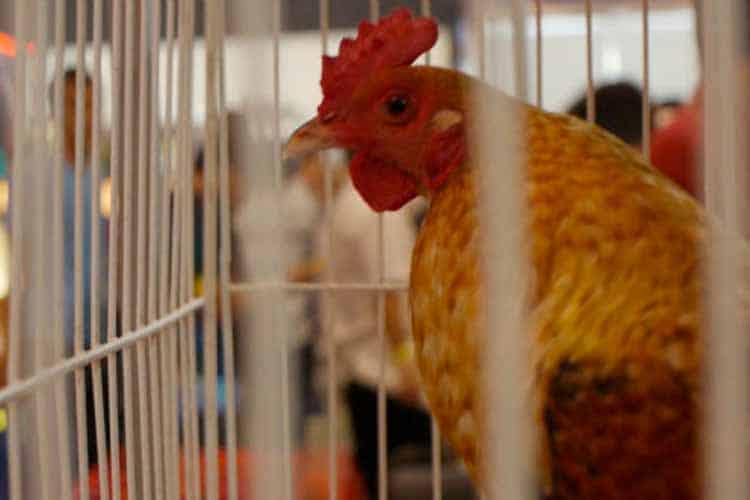E-sabong is the process of gambling on cockfights online with the assistance of apps and internet browsers. Betting on e-sabong was legal during the Covid-19 pandemic but has since been unauthorized by the current administration. Still, the Philippine National Police (PNP) wants to officially brand e-sabong as illegal gambling to clear up any confusion.
Current President Ferdinand Bong Bong Marcos Jr. confirmed that e-sabong betting is still unauthorized in the Philippines. Still, the ban was implemented by Presidential decree with no specific laws that address violators.
Is Betting On Cockfighting Legal In The Philippines?
Yes, betting on cockfighting in person at a licensed cockpit is legal in the Philippines. However, unlicensed cockpits that hold events are illegal. According to NextShark.com, licensed cockfighting in the Philippines produces approximately $12.2 million in revenue for the Philippine Amusement and Gaming Corporation (PAGCOR) each month.
Cockfighting was first recorded in the Philippines in 1591 when Magellan’s voyage discovered the island nation. Antonio Pigefetta, a chronicler of the journey from the kingdom of Taytay, first documented gamecocks.
Do Online Casinos Or Sports Betting Sites Offer E-Sabong Odds?
No legal online casinos for Philippine residents or sports betting sites offer e-sabong odds. You may find some sites that provide cockfighting odds, but they are operating illegally, and there is no regulation or protection in place to assure you that your winnings will be paid.
Will The PNP Succeed In Its Efforts To Classify E-Sabong As Illegal Gambling In The Philippines?
We believe that the Philippine National Police will succeed in its efforts to classify online cockfight betting as an illegal activity. It is already unauthorized by the current administration, likely leading to the illegal classification.
Are Online Casinos And Sports Betting Sites Legal In The Philippines?
Yes, online casinos and sports betting sites are legal to use in the Philippines. Philippine gambling laws only address what domestic casinos and sportsbooks can do and allow offshore casinos and sportsbooks to operate inside the country.
During the pandemic, when public locations were shut down, domestic casinos and sportsbooks were allowed to offer their services online; however, since the restrictions were lifted, those privileges were suspended.
Now PH residents still have access to offshore gambling sites online, but domestic gambling ventures that want to offer their services online have to obtain a Philippine Offshore Gaming Operator (POGO) license from PAGCOR before they can offer their sites online to other countries.

